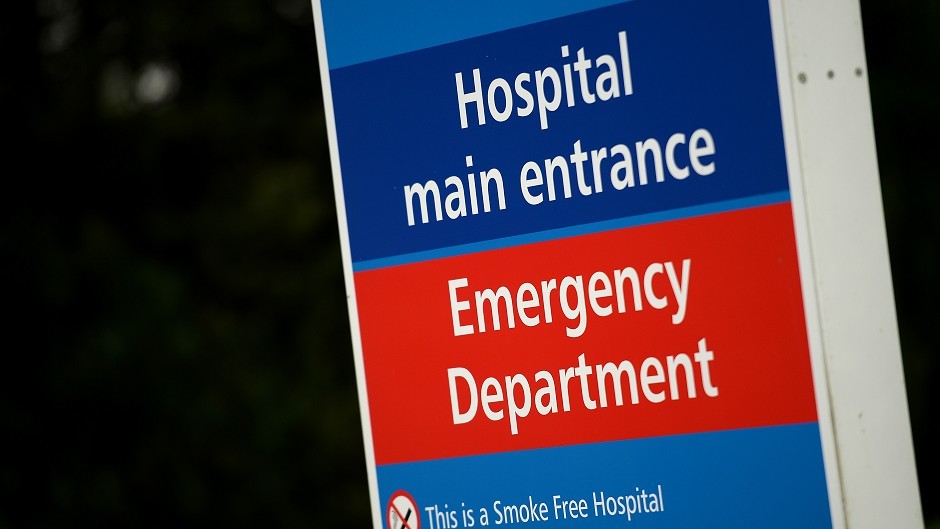A charity has expressed concern about a decline in the number of north and north-east women having cervical cancer smear tests.
Jo’s Cervical Cancer Trust, the only specialist organisation of its kind in the UK, said it was worried that the situation could lead to diagnosed cases rising dramatically.
Figures produced by Information Services Scotland showed only 78.9% of women in Grampian aged 20-60, with a record of being tested within five-and-a-half years, were screened in 2013-14.
By contrast, 81.1% were tested in 2009-10, 87.9% in 2003-04 and 92% in 1997-98.
In the NHS Highland area, 80.4% of women were screened in 2013-14, 82.4 in 2009-10, 88.6% in 2003-04 and 97.5% in 1995.
A total of 79.7% of women were tested in the Western Isles in 2013-14, 82.6% in Orkney and 83.9% in Shetland.
The figures showed only 77.3% of women across Scotland aged 20-60, with a record of being tested within five-and-a-half years, were screened in 2013-14.
By contrast, 79.5% of women were screened in 2009-10, 86% in 2002-03 and 87% in 1997-98.
The charity said 295 women across Scotland were diagnosed with cervical cancer, which is preventable, in 2012 and 112 lost their lives.
It claimed research showed that if screening were to increase from its current level to 85%, there could be a 21% reduction in diagnoses in just one year.
Robert Music, chief Executive of Jo’s Cervical Cancer Trust, said: “We are extremely worried that if screening attendance continues to fall, numbers diagnosed will rise dramatically.”
Dr Simon Hilton, consultant in public health medicine for NHS Grampian said screening saves about 5,000 lives a year in the UK.
“Although we are still above the national average, we are continuously working to reduce cervical cancer in our female population and cervical screening provides the best protection against this disease,” he added.
NHS Highland’s senior health promotion specialist Lorraine Mann said: “We can’t emphasise strongly enough the importance of women taking up the invitation to take part in cervical screening.
“We would urge all women aged 20-60 to take up this potentially life-saving opportunity.”
